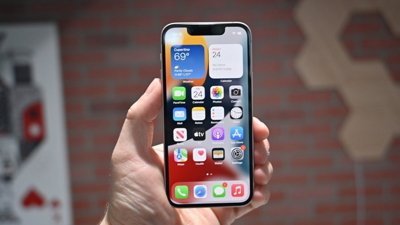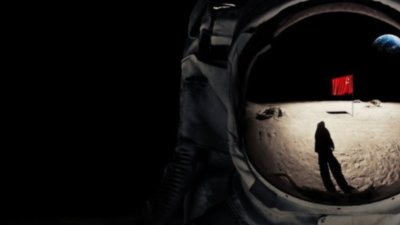Apple co-founder Steve Jobs did serve on White House council in '90s
Earlier this week, a background file on Jobs surfaced that was compiled by the FBI as he was considered for appointment to the council in 1991. The Associated Press then reported on Friday that his role on the council had been confirmed by the Cabinet department.
The Export Council consists of unpaid members who meet a minimum of twice a year to advise the president on trade policy. Given that the Commerce Department said Jobs served during the first Bush administration, it would appear that he was on the council from 1991 to 1993.
The FBI file in question, a level III background investigation, was interesting to note because it included an unusually high number of derogatory comments for that type of investigation. The names of those interviewed had been redacted, but he was described as being "deceptive" and someone of "questionable" moral character. One interviewee recommended Jobs for the "high level political position" in spite of assertions that he was deceptive because "honesty and integrity are not required qualities to hold such a position."
"Mr. Jobs has integrity as long as he gets his way," another person said.
An FBI agent wrote in an interview summary that Jobs had "alienated a lot to people" at Apple because of his ambition. Jobs had been ousted from Apple in 1985 and was deeply involved with work at NeXT in the early 1990s.
The issue of Jobs' former drug use was also addressed by the FBI during interviews. Several individuals, including Jobs himself, "commented" in interviews on past experimentation during his college years, the file indicates. Jobs would later go on to publicly state that doing LSD was one of the "most important" things he had done in his life.
The documents also revealed that Apple was subject to a bomb threat in February 1985. An unnamed caller claimed to have placed explosives in certain individuals' homes and demanded a million dollars to not detonate them. The case was eventually closed in August 1985.
 Josh Ong
Josh Ong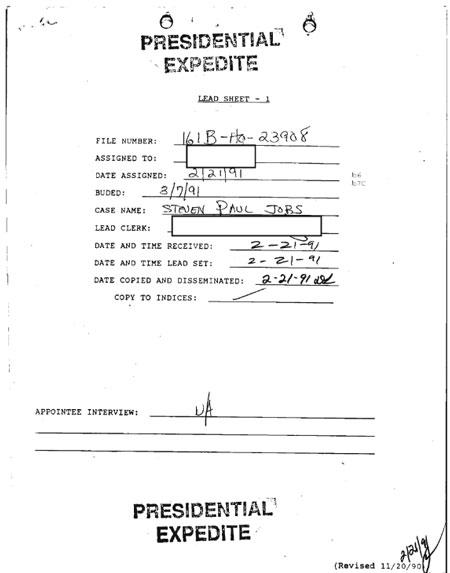






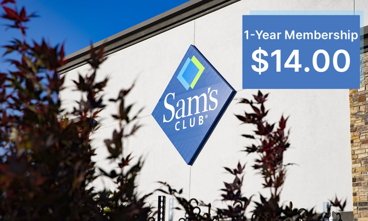




 William Gallagher
William Gallagher
 Malcolm Owen
Malcolm Owen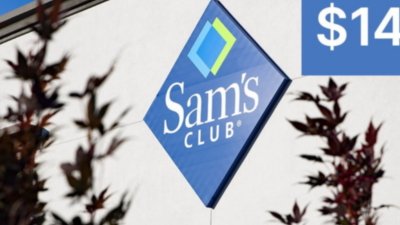
 Christine McKee
Christine McKee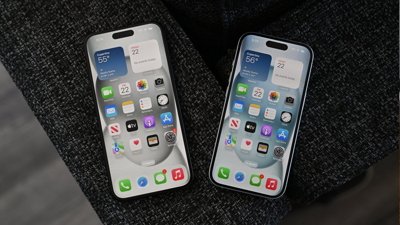

 Amber Neely
Amber Neely
